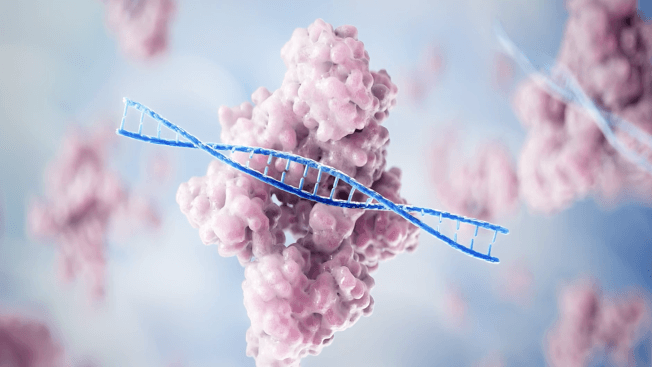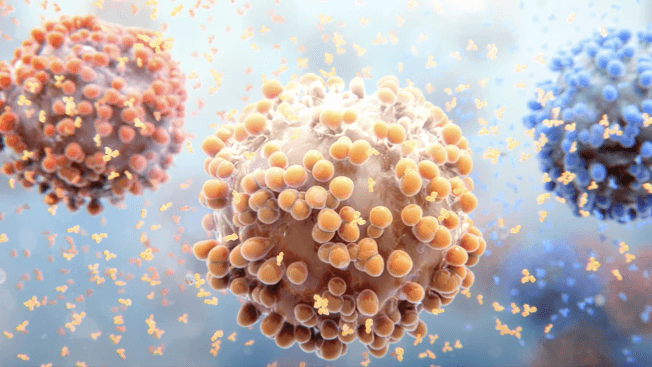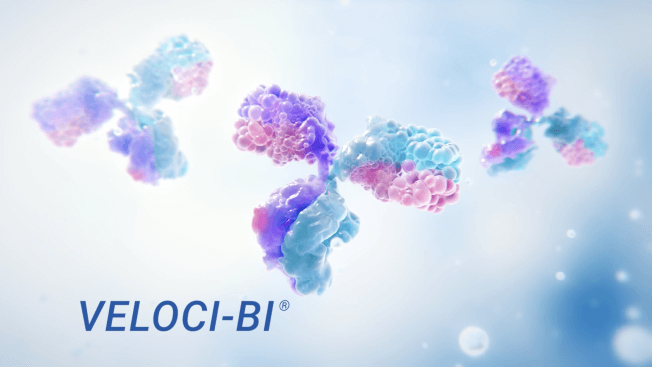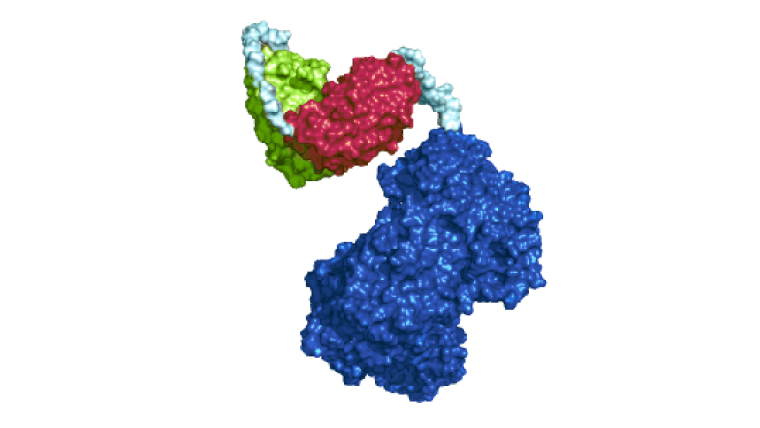Innovative Technologies Lead to Medical Progress
Technology for now and the future
Technology is foundational to our work inventing new medicines, regardless of modality. By combining the deep scientific expertise of our team with our proprietary VelociSuite® technologies, as well as other complementary technologies, we accelerate the way medicines are traditionally discovered and developed. Building on our portfolio of primarily homegrown medicines, we continue to evolve our approach to antibody discovery and development, while also exploring new methods of addressing human disease, like gene editing and cell therapy.
Our VelociSuite® technology platform
Overview
Our industry-leading capabilities for antibody target discovery and validation are enabled by a series of Regeneron-invented technologies that accelerate, improve and disrupt the traditional process. VelociSuite includes some of the most valuable biotechnologies ever created and has enabled the development of a substantial proportion of all original, FDA-approved or authorized fully human monoclonal antibodies currently on the market.
These tools ultimately allow us to help more patients around the world, faster. Regeneron also provides the VelociSuite technologies to its collaborators as vital services to assist in the drug discovery and development process.

VelociGene®
VelociGene facilitates the rapid, automated and high-scale manipulation of mouse DNA, with almost no limitations on the size and sophistication of these modifications. This enables unprecedented speed and capacity for the validation of therapeutic targets and the creation of animal models of human disease – critical first steps in the process of developing new medicines.
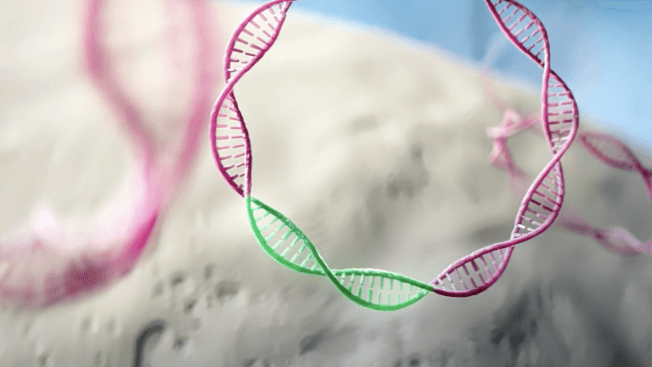
VelocImmune®
VelocImmune is our unique technology for producing optimized fully human monoclonal antibodies. It utilizes a proprietary mouse platform engineered with a genetically humanized immune system. VelocImmune creates a multitude of antibody drug candidates efficiently and directly from immunized mice, overcoming limitations of traditional platforms by rapidly creating fully human antibodies that tightly bind to therapeutic targets and avoid potential negative immune responses that may occur in patients receiving antibodies that contain nonhuman (typically mouse) components.
VelocImmune stems from Chief Scientific Officer George D. Yancopoulos’ work as a graduate student, when he was the first to envision making such a genetically humanized mouse.
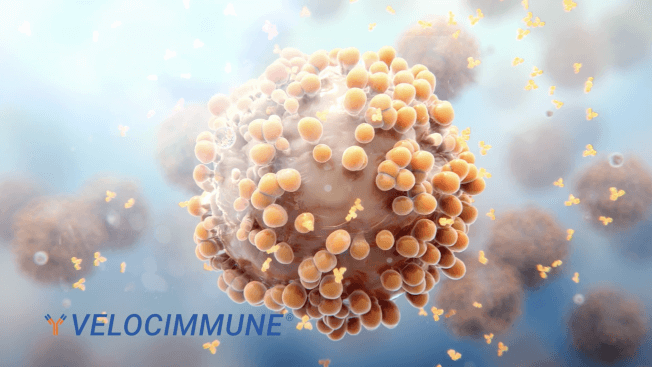
VelociMab®
VelociMab is a group of technologies that allow us to move with unprecedented speed from identification of a therapeutic antibody into clinical studies. VelociMab enables the high-throughput screening of potential therapeutic antibodies and the rapid generation of cell lines for recombinant human antibodies. This allows us to select the best candidates and prepare them for initial manufacturing in record time – going from mouse immunization to production cell line bioreactor harvest within eight months.
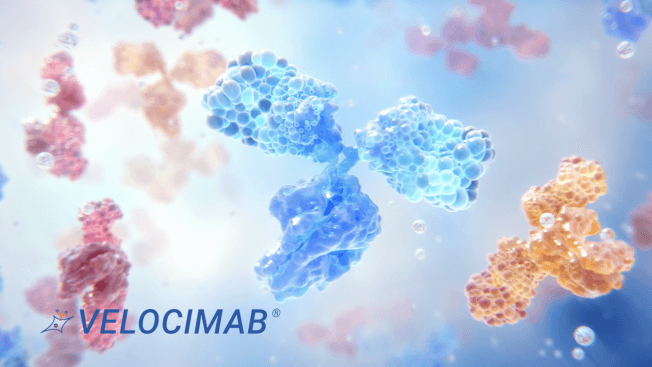
VelociMouse®
VelociMouse is a breakthrough technology that enables the immediate generation of genetically altered mice directly from modified embryonic stem cells, thereby avoiding the need to breed multiple generations of mice. This technology has dramatically shortened the time needed to engineer genetically modified mice, while at the same time reducing costs and improving precision.
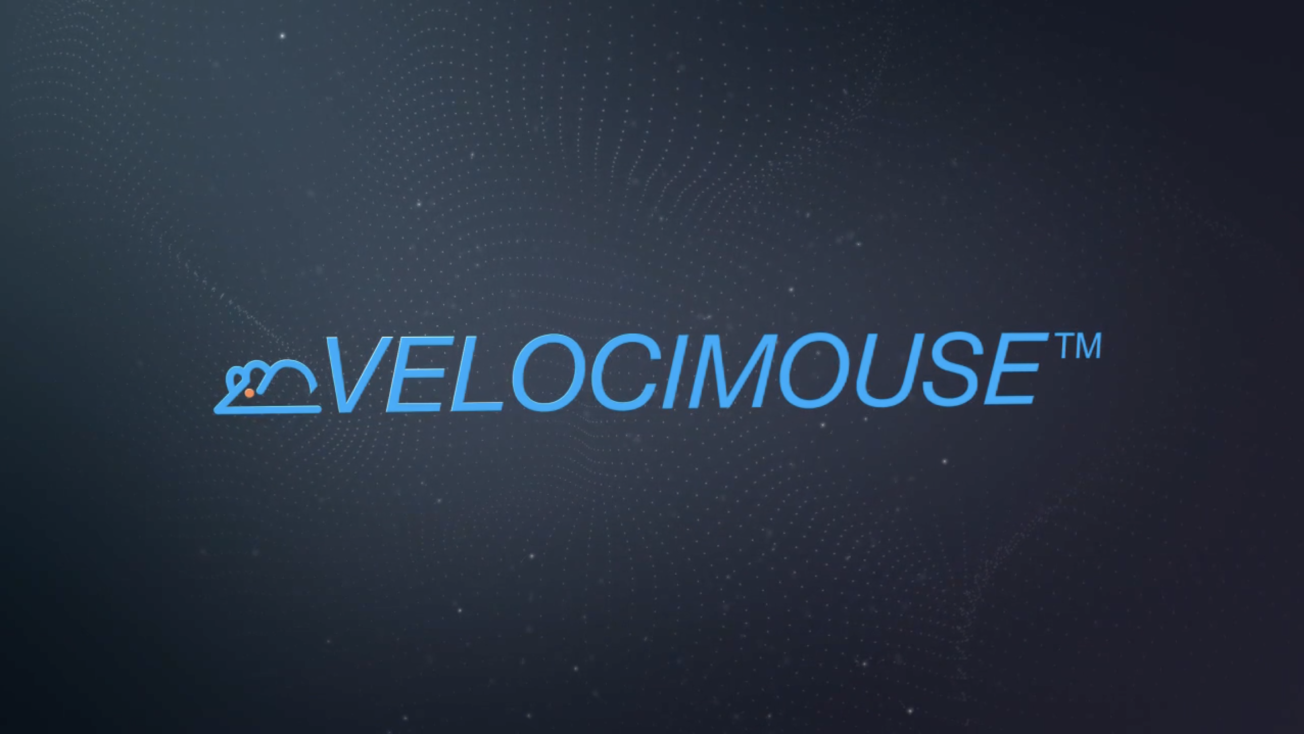
VelociT®
VelociT is our service for producing genetic sequences for our partners and collaborators to assist in the creation of fully human therapeutic T-cell receptors (TCR) against tumor and viral antigens.
VelociHum®
VelociHum is our immunodeficient mouse platform that can be used to accurately test human therapeutics against human immune cells and to study human tumor models. Through genetic humanizations, VelociHum mice have been optimized to allow for better development of human immune cells in vivo, as well as to allow for engraftment of primary patient-derived tumors that do not take in other commercially available mice.
Veloci-Bi®
Veloci-Bi allows for the generation of full-length bispecific antibodies similar to native antibodies that are amenable to being made through standard antibody manufacturing techniques and are likely to have favorable, antibody-like pharmacokinetic properties.
Velocinator™
Velocinator is a technology used to make molecules that induce modulation of a therapeutic target while bridged to an antigen-binding domain. This technology enables our drug discovery process with the identification of suitable therapeutic target pairings and optimization of the antigen-binding domains that bridge them.
Regeneron is applying this technology to research new therapeutics in areas including targeted enzyme replacement therapies (ERTs), oncology and genetic medicines. Regeneron also provides Velocinator to collaborators to support drug discovery and development.
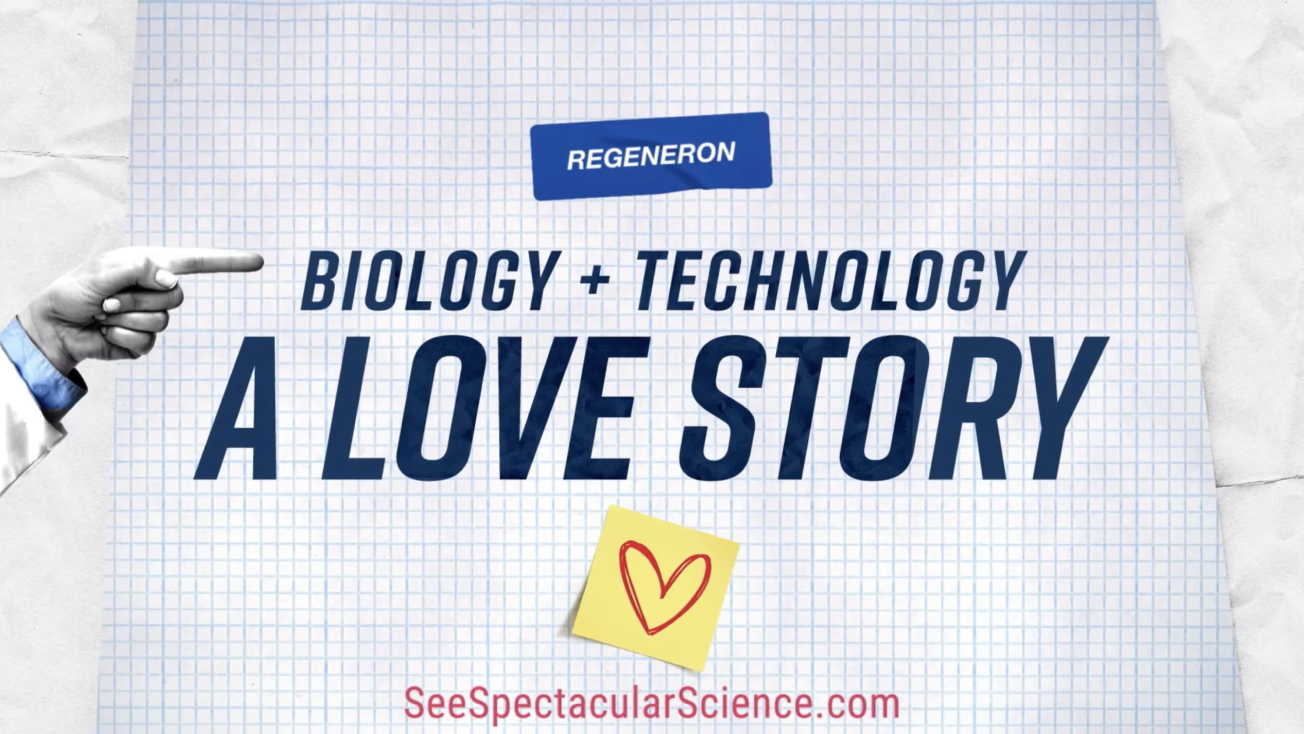
Regeneron’s deep scientific expertise across modalities
We continually push the bounds of science to discover new ways to make a positive impact on human health – and this also applies to our technologies. Just as we have continued to develop the VelociSuite platform over decades, like with the addition of Veloci‑Bi, we are also pursuing other innovative ways to address diseases, including with genetic medicine approaches.
Bispecific antibody clinical progress thanks to advancing technologies
To solve the human body’s most complex mysteries, we must continually build upon our existing technologies, just as we have done with Veloci-Bi. We developed the platform to overcome common issues seen with other bispecific creation methods, such as undesired immune responses or instability in vivo. By addressing these hurdles, we can create high quality bispecific antibodies at fast speeds.
As our bispecific antibody pipeline matures, we are encouraged by progress to address solid tumors and hematological conditions. Check out our clinical pipeline to see our bispecific antibody candidates.

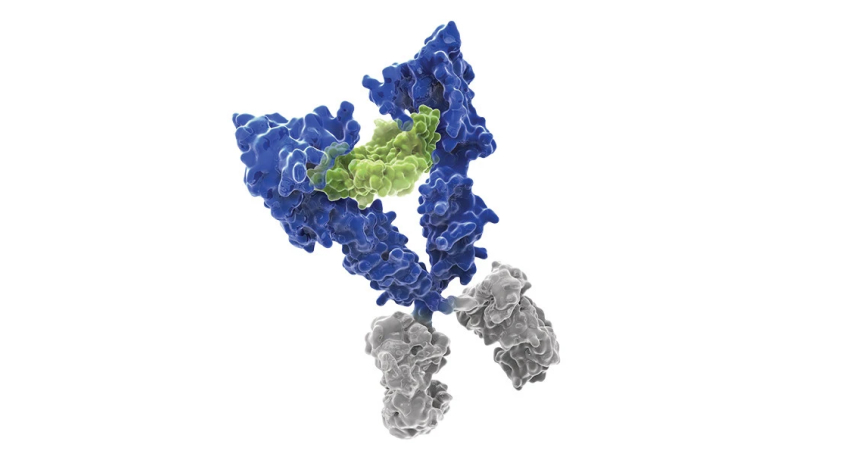
Traps are one of our innovative protein therapeutic approaches
Our Trap technology was motivated by a dissatisfaction with the specificity and binding affinity of human antibodies that could be developed using the most advanced antibody technologies at the time. Building on insights into the basic mechanisms of receptor action discovered at Regeneron, our scientists developed a general approach to create high-affinity blockers for many different types of signaling molecules. This novel Regeneron Trap technology creates circulating “decoy receptors” capable of reducing or eliminating the harmful effects of a signaling protein.
Expertise in cell production
Our EESYR®, FASTR® and NICE® technologies and services significantly increase protein-production yields in cell-line development for our research and clinical programs, as well as for our partners:
- EESYR provides site-specific integration into a transcriptional hot spot in the eukaryotic cell genome, resulting in rapid isolation of cells capable of high-level expression of recombinant therapeutic proteins
- FASTR is a quantitative cell-surface display technology that enables the use of flow cytometry to select eukaryotic cells that secrete the highest levels of recombinant therapeutic proteins
- NICE enables the control of the expression of secreted, recombinant therapeutic proteins in eukaryotic cells
Our rapid response to infectious diseases
We are always looking for ways to make the drug discovery process faster and more efficient, especially when help is desperately needed in a short amount of time. To address emerging or rapidly spreading infectious diseases, Regeneron has applied our VelociSuite technologies in a “rapid response” manner that parallel tracks certain steps and speeds hand-offs between groups in order to advance novel antibody treatments faster than ever. We’ve been proud to apply our homegrown technologies and novel scientific approach to respond to public health challenges like Ebola, Middle Eastern Respiratory Syndrome (MERS) and COVID-19.
